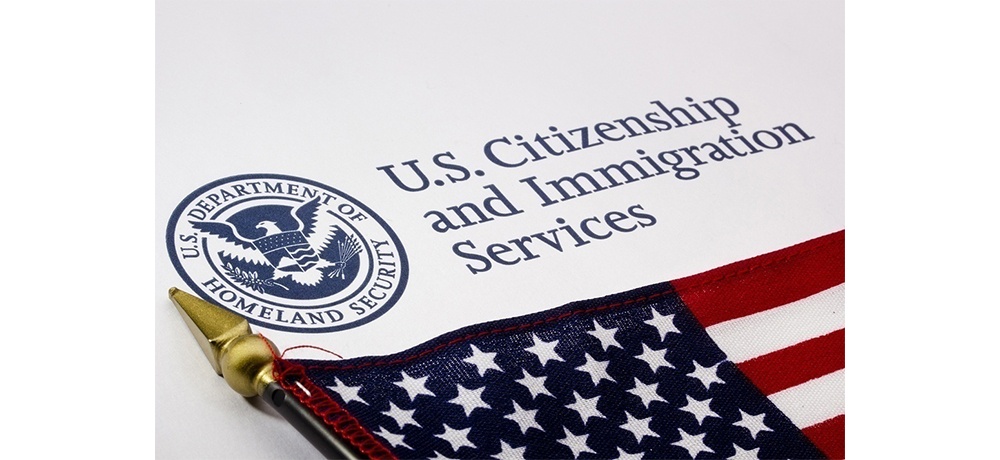
Analysis of the New H-1B Electronic Registration Process
Categories: Attorneys , Business Immigration , Business Law , Citizenship , Citizenship Green Cards , Commercial Litigation , Commercial Transactions , Corporate Law , Green Cards , Immigration Law , International Law , Investment Visas , Law Firm , Lawyers , Legal Services , Real Estate , Software Agreements , Technology Law , Trusts And Estates
Pasricha & Patel
The H-1B Electronic Registration Process will be effective for Fiscal Year 2021. This is a significant change to how the H-1B lottery has been conducted by USCIS. As part of this process, the prospective employer/petitioner will need to register electronically with the USCIS and pay a $10.00 registration fee for each H-1B petition that the U.S. employer seeks to submit in the upcoming FY 2021 H-1B cap lottery system. The registration system will require the U.S. employer to complete a registration form which contains general information about the company and the intended H-1B candidate. To date, it is unknown whether the registration information will include submission of the proposed job offer, salary or other terms relating to the proposed employer/employee relationship. The registration period will run from March 1, 2020 to March 20, 2020. Upon conclusion, the USCIS will conduct a random lottery and selection process for the registered applications. The selected registrants will then proceed with the H-1B filing for their prospective employer.
Overall, the system and process outlined by USCIS appears to be a fairly straightforward process. However, despite the simplicity of the overall process, it does raise other issues and complications. For example, by entering the name of a prospective employee into registration system, there is immediately an assumption that the basic terms of an offer to potentially hire the individual in H-1B status has been negotiated and secured between the prospective employer and employee. These terms would include salary, position, job duties, etc. However, is the negotiated wage consistent with the prevailing wage? Does the offered position qualify as a specialty occupation? Do the prospective employee’s foreign academic credentials (if any) also demonstrate a U.S. equivalency which is related to the offered position? These aspects have always been part of the typical H-1B process but how important is it for the registration step?
Whether it will be required or not, it is important for the employer and employee to tentatively determine and agree upon the wages and position before moving forward to the registration process. Typically, this may require at least a consultation or discussion with the company’s immigration attorney to discuss whether the offered salary, position and other terms are in compliance with Department of Labor and USCIS.Additionally, if the candidate holds an educational degree from abroad, this degree may need to be evaluated in order for the employer to truly determine whether the candidate holds the necessary educational equivalence to qualify for the offered position. These are also important considerations that will likely need to be discussed and analyzed in detail if the employer/employee hopes to file a petition that will pass muster by USCIS.
Otherwise, if the terms and conditions are to be negotiated and finalized later, both parties could potentially see a breakdown in negotiation if, for example, the prevailing wage was too high for the employer to afford to pay or if the salary was not satisfactory to the prospective employee. Additionally, it is troublesome that if the negotiations are reserved for later, the employer may potentially hold considerable power over the employee who may be desperate to agree to any terms to have the employer move forward with submission of the petition. These issues bring up the fact that negotiations between the employer and employee will be critical from the onset of the registration process and will likely require advice from counsel.
Additionally, the electronic registration process raises the question of whether prospective employees who are interested in increasing their chances of acceptance in the lottery will actively interview and tentatively accept positions with multiple employers, all which are contingent upon being accepted into the lottery. In other words, will the lottery system be flooded with multiple prospective employers applying for the same prospective candidate? Or alternatively, will employers take advantage of this relatively straightforward and inexpensive registration system and apply for many more applicants than they require in hopes of increasing their company’s chance of selection of applicants in lottery. ? At a nominal fee of $10.00 per case, it is certainly plausible that this type of flooding of the system may occur. Ultimately, however, the new system is designed to and will of course streamline the H- 1B lottery process which is also needed in light of the high volume of cases that have been received by USCIS in previous years. However, it will certainly be interesting to see how the new system will be handled by prospective employers and employees and whether the system will be further streamlined in future years. Only time will tell.